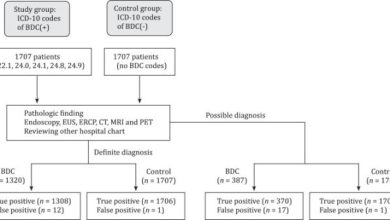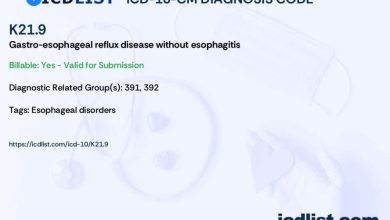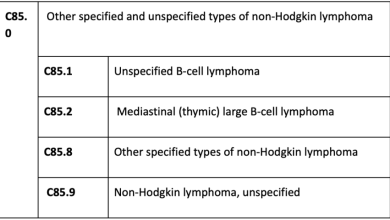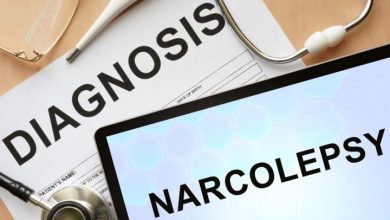Understanding ICD-10 Codes For Generalized Tonic-Clonic Seizures
What is ICD-10 code for generalized tonic-clonic seizure?
The ICD-10 code for generalized tonic-clonic seizure is G40.3. This code is used to classify seizures that involve a sudden loss of consciousness and violent muscle contractions affecting the entire body.
Code Information
The ICD-10 code G40.3 falls under the category of Episodic and paroxysmal disorders, which includes a range of seizure disorders. This specific code is used to indicate a generalized tonic-clonic seizure, also known as a grand mal seizure.
Diagnostic Related Groups (MS-DRG)
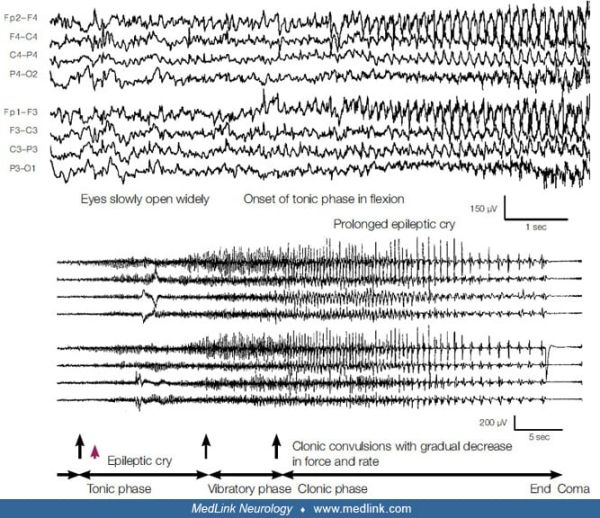
The MS-DRG for generalized tonic-clonic seizure is 101 – Seizures with MCC (Major Complications or Comorbidities) or 102 – Seizures without MCC. These DRGs are used by hospitals to classify patients for the purpose of reimbursement.
Convert to ICD-9 Code
In ICD-9, the equivalent code for generalized tonic-clonic seizure is 345.3. This code is used to indicate a grand mal seizure in the previous coding system.
Code History
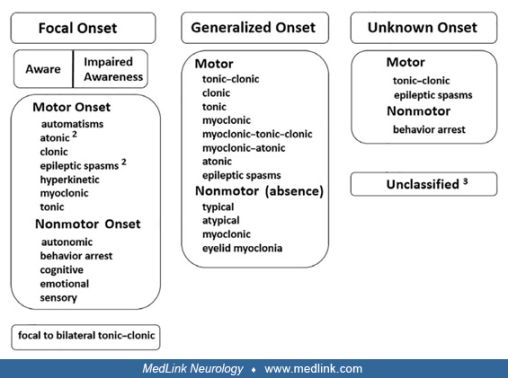
The ICD-10 code G40.3 was introduced in 2015 as part of the transition from ICD-9 to ICD-10 coding systems. It replaced the previous code 345.3 for generalized tonic-clonic seizure.
Approximate Synonyms
Some approximate synonyms for generalized tonic-clonic seizure include convulsive seizure, grand mal seizure, and major motor seizure. These terms are used interchangeably to describe the same type of seizure.
Clinical Information
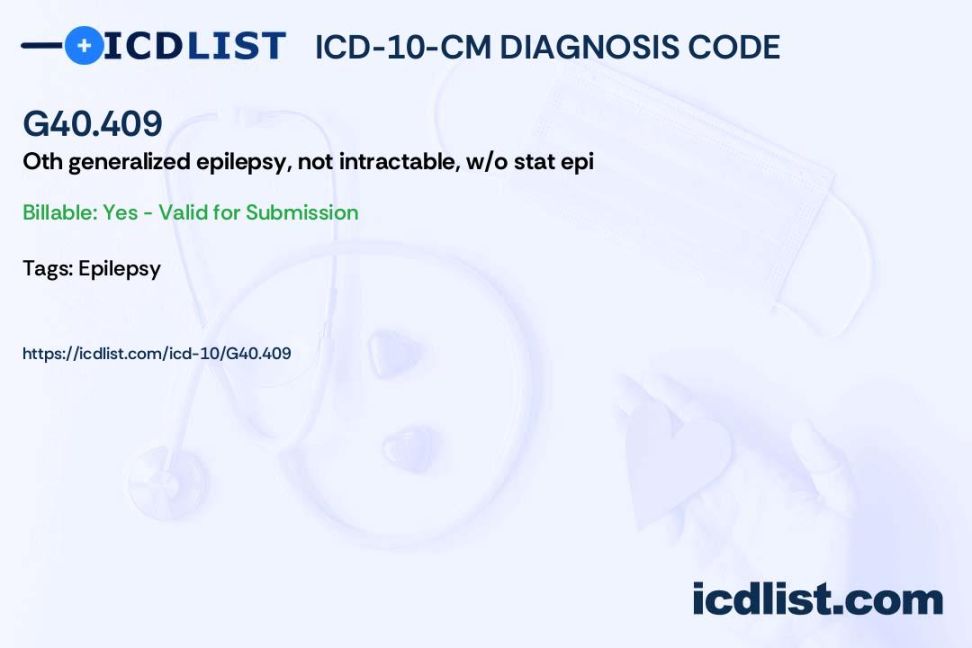
Generalized tonic-clonic seizures are the most common type of seizure and can be caused by various underlying conditions, such as epilepsy, brain tumors, or head injuries. During a generalized tonic-clonic seizure, the person may lose consciousness and experience violent muscle contractions.
Causes
The exact cause of generalized tonic-clonic seizures is often unknown, but they can be triggered by factors such as sleep deprivation, stress, or alcohol withdrawal. Underlying medical conditions, such as epilepsy or brain injuries, can also increase the risk of experiencing these seizures.
Symptoms
The symptoms of a generalized tonic-clonic seizure can vary from person to person but typically include loss of consciousness, stiffening of the body (tonic phase), followed by rhythmic jerking of the limbs (clonic phase). Other symptoms may include foaming at the mouth, tongue biting, and incontinence.
Diagnosis
Diagnosing a generalized tonic-clonic seizure involves a thorough medical history, physical examination, and diagnostic tests such as EEG (electroencephalogram) to measure brain activity during a seizure. Imaging studies like MRI or CT scans may also be performed to identify any underlying causes of the seizures.
Treatment
The treatment for generalized tonic-clonic seizures typically includes antiepileptic medications to control seizures and prevent future episodes. Lifestyle modifications, such as getting enough sleep, managing stress, and avoiding alcohol, can also help reduce the frequency of seizures.
Conclusion
In conclusion, the ICD-10 code for generalized tonic-clonic seizure is G40.3, which is used to classify seizures involving loss of consciousness and violent muscle contractions. These seizures can be caused by various underlying conditions and are usually treated with antiepileptic medications and lifestyle modifications.
FAQs:
1. Can generalized tonic-clonic seizures be prevented?
While it may not always be possible to prevent generalized tonic-clonic seizures, lifestyle modifications such as getting enough sleep and managing stress can help reduce the risk of experiencing these seizures.
2. Are there any complications associated with generalized tonic-clonic seizures?
Complications of generalized tonic-clonic seizures can include injury from falls, difficulty breathing during the seizure, and post-seizure confusion or memory loss.
3. How long do generalized tonic-clonic seizures typically last?
Generalized tonic-clonic seizures usually last for 1-3 minutes, but can sometimes continue for longer periods. It is important to seek medical help if a seizure lasts longer than 5 minutes.
4. Can medications help control generalized tonic-clonic seizures?
Yes, antiepileptic medications are commonly used to control seizures





